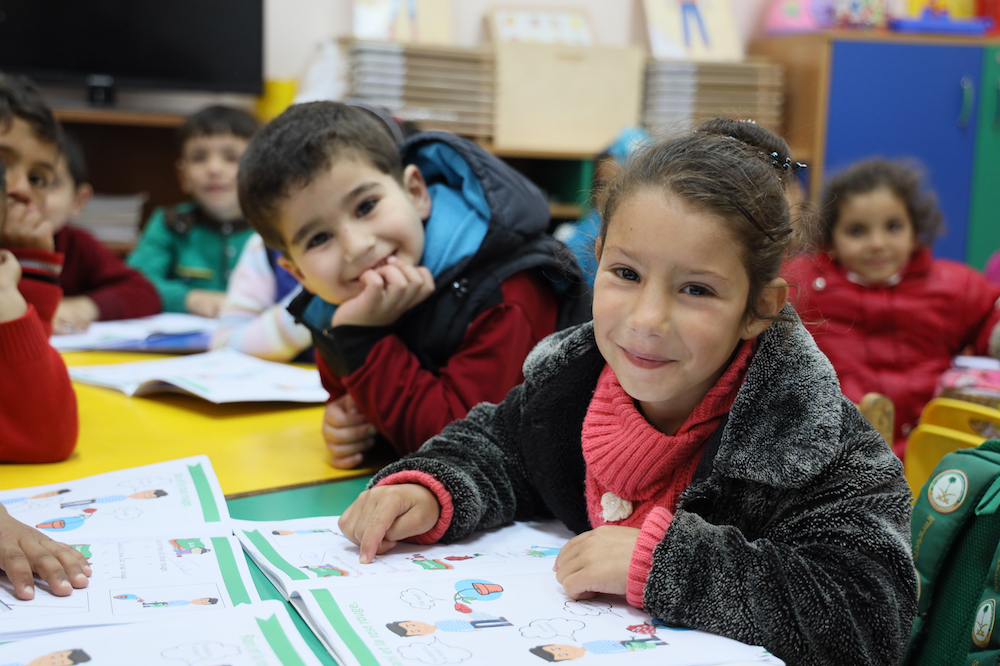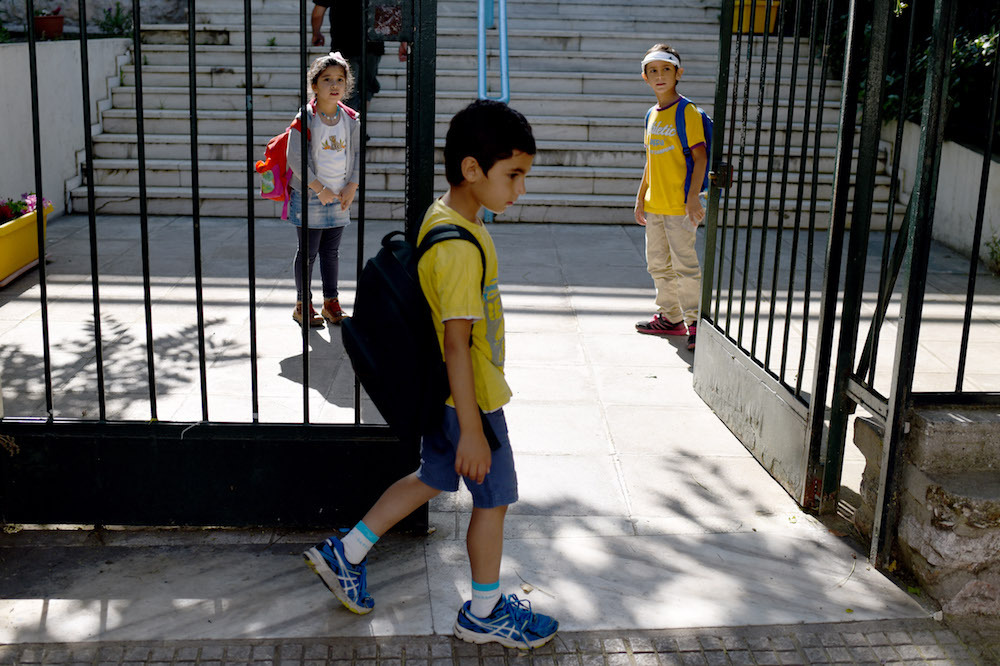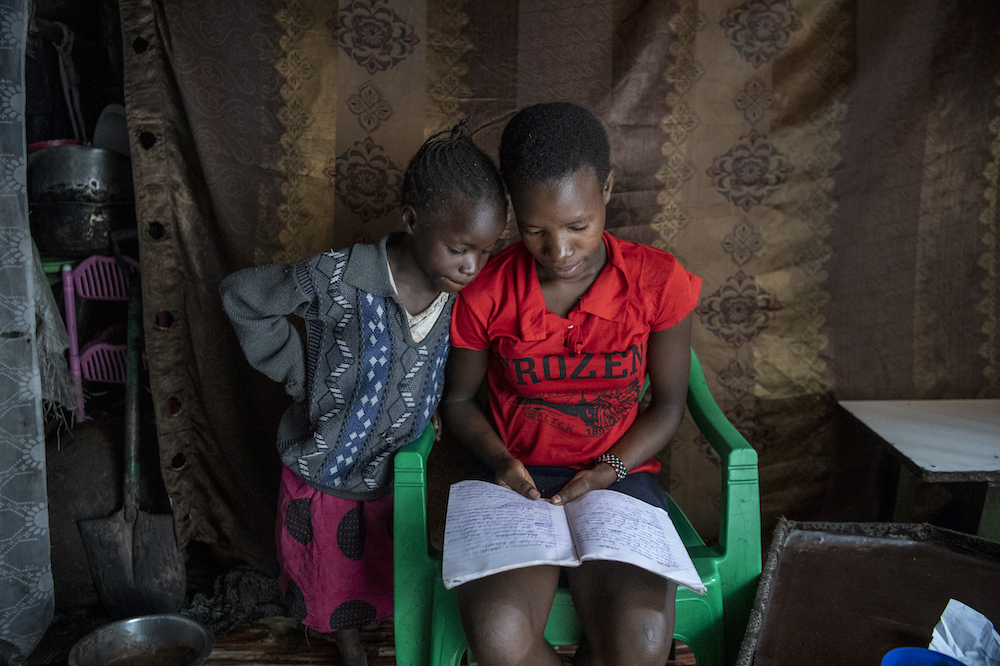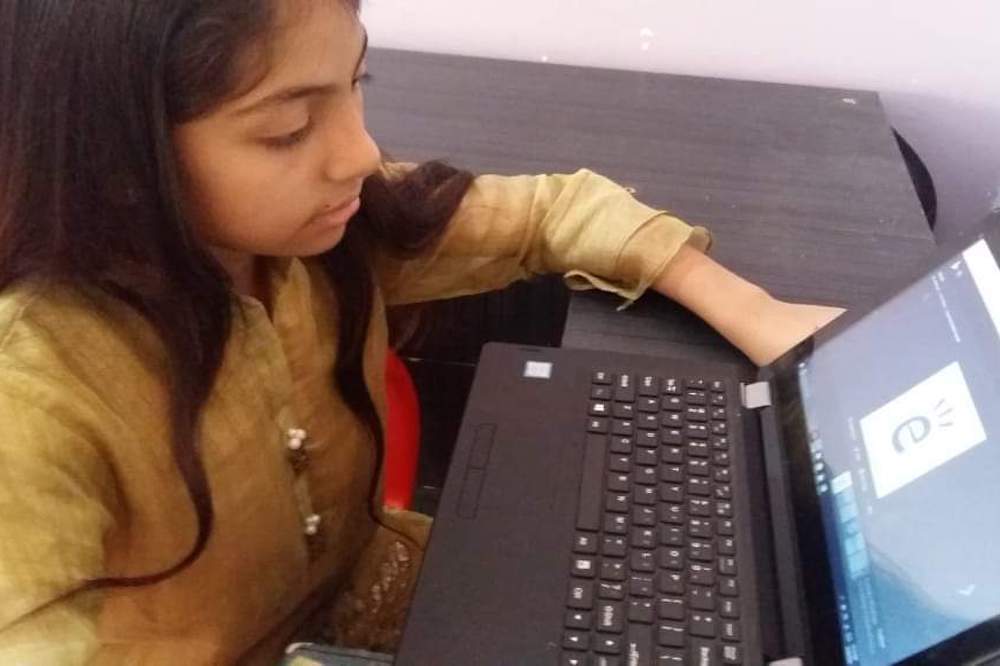
Five things you need to know this week about global education

Girls' education, Sarah Brown
Our roundup includes updates about countries reopening schools and a shocking statistic about children unable to access online learning.
Crisis-hit Lebanon plans to reopen schools
Schools in Lebanon are likely to reopen in the last week of September despite a rise in Covid-19 cases, the country’s education minister has said. Tarek Majzoub added: “Blended education will be adopted and if conditions worsen we will return to distance learning.”
The planned return comes as the country also tries to cope with the fallout of an economic crisis and the August 4 explosion in Beirut, which damaged or destroyed 92 public schools, 67 private schools and 20 public vocational institutes. Many of those schools will not be ready to reopen for some time.
In Mexico, millions of students returned to classes virtually on Monday amid an exodus from private schools sparked by the pandemic.
Private school bodies consulted by Reuters news agency said almost two million students at all levels are expected to quit private schools because of the crisis to join an already overcrowded public system. The lack of both in-person teaching and access to facilities has left many parents unwilling to shoulder private-school costs.
“We’re facing a tremendous crisis,” said Alfredo Villar, head of the National Association of Private Schools. “Many schools are running out of people and will very likely have to close.”

Schools in Greece will reopen for the new academic year in September (UNICEF / Georgiev)
In Greece, teachers and students will have to wear masks in class and indoor spaces when schools reopen in September due to a surge in infections. Spanish schoolchildren aged six and over must also wear masks to class, the government announced yesterday, unveiling a plan to reopen schools just days before the start of the new academic year.
Poland announced schools will reopen next week, despite reaching a record high number of daily registered coronavirus infections late last week. In Hungary, a government minister said schools can reopen schools next week based on fresh data on infections.
Malawi will also reopen schools in September and students will return to class in Portugal in the middle of the month.
But two countries this week ordered schools to be closed again. South Korea’s government told most schools in Seoul and surrounding areas to close and move classes back online – the latest in a series of measures aimed at heading off a resurgence in coronavirus cases.
Myanmar ordered all schools to close after reporting 70 new coronavirus infections on Wednesday, its biggest daily rise. The country has recorded just six deaths but an increase in cases by nearly 35% in a week is causing concern.
One in three children unable to access online education

Sarah, 15, studies at home in Mathare, Kenya, and is also teaching her younger sister (UNICEF / Everett)
At least a third of the world’s schoolchildren – 463 million of them – were unable to access remote learning when Covid-19 shut their schools, says a new UNICEF report released yesterday.
“The sheer number of children whose education was completely disrupted for months on end is a global education emergency,” said UNICEF Executive Director Henrietta Fore. “The repercussions could be felt in economies and societies for decades to come.”
At the height of nationwide and local lockdowns, nearly 1.5 billion schoolchildren were affected by school closures. The report says around 70% of schoolchildren of pre-primary-age – 120 million children – and at least 29% of primary children – 217 million students – cannot be reached.
Globally, 72% of schoolchildren unable to access remote learning live in their countries’ poorest households. Those in sub-Saharan Africa are the most affected, with half of all students not able to access remote learning.
Warning that 1m pregnant girls could be banned from school
"In the face of the growing teen pregnancy crisis, specific measures are urgently needed to ensure that pregnant girls and young mothers continue their education."
Find out why 1 million girls are at risk of losing their right to learn: https://t.co/A9ZIdUMQTO pic.twitter.com/UP6Wcm8qah
— World Vision (@WorldVision) August 25, 2020
One million girls across sub-Saharan Africa could be blocked from returning to school due to pregnancy, a new report has warned.
World Vision said school closures due to the pandemic can result in girls spending more time with men and boys – leading to a greater risk of risky sexual behaviour, as well as sexual violence and exploitation.
The report said: “School closures during crises can lead to increases in teenage pregnancy by as much as 65%.” Sandra, the mother of a 14-year-old girl in Mozambique, told World Vision: “I did not know that my daughter is pregnant. I wish she could continue going to school as we parents never had that opportunity to go.”
Several African countries do not allow pregnant girls and adolescent mothers to attend school. Mozambique is not among them but many girls have to stay home with their child or work in order to feed the baby.
Zimbabwe said last week it will reinforce a 1999 guideline that made it illegal for schools to expel students who get pregnant. It has never been comprehensively implemented and in 2018 12.5% of the country’s 57,500 school dropouts were due to pregnancy or marriage.
Sarah Brown on judging panel for Girl Rising challenge
Meet the esteemed Judges of Girl Rising & @HP's Storytelling Challenge, #MyStory. We are thrilled to have this international group selecting our final 15 Showcase Stories. Learn more here: https://t.co/D1WnbyEFS8
— girlrising (@girlrising) August 26, 2020
Sarah Brown, Chair of Theirworld, has been announced by Girl Rising and HP as one of the judges for My Story: The 2020 Girl Rising Storytelling Challenge.
As Covid-19 exposes deeply entrenched inequities in society, My Story provides a platform for ordinary people to share their inspiring stories of how they are fighting for racial justice, gender equity and girls’ education. The challenge is open to people all over the world and submissions can be made in all languages.
Other judges include actor and activist Freida Pinto and Education Cannot Wait Director Yasmine Sherif.
You can submit an entry to My Story here. Entries are open until September 8 and 15 Showcase Stories will be announced on October 9 at the Girl Rising International Day of the Girl Celebration.
STEM project for 100,000 students in Pakistan

Around 100,000 children in the 400 schools will have access to education and training (UN Photo)
About 100,000 students at 400 secondary schools in Pakistan are to take part in a specialised education project in collaboration with universities.
The Science, Technology, Engineering and Maths (STEM) project was approved by Prime Minister Imran Khan. In the first phase, special laboratories for STEM subjects will be established in 40 schools.
Khan said Pakistan’s development was linked to the promotion of science and technology.
He was also updated on the progress of a project to establish a university of modern education in engineering and emerging technologies at Prime Minister’s House in Islamabad – fulfilling an election promise in 2018.
More news

